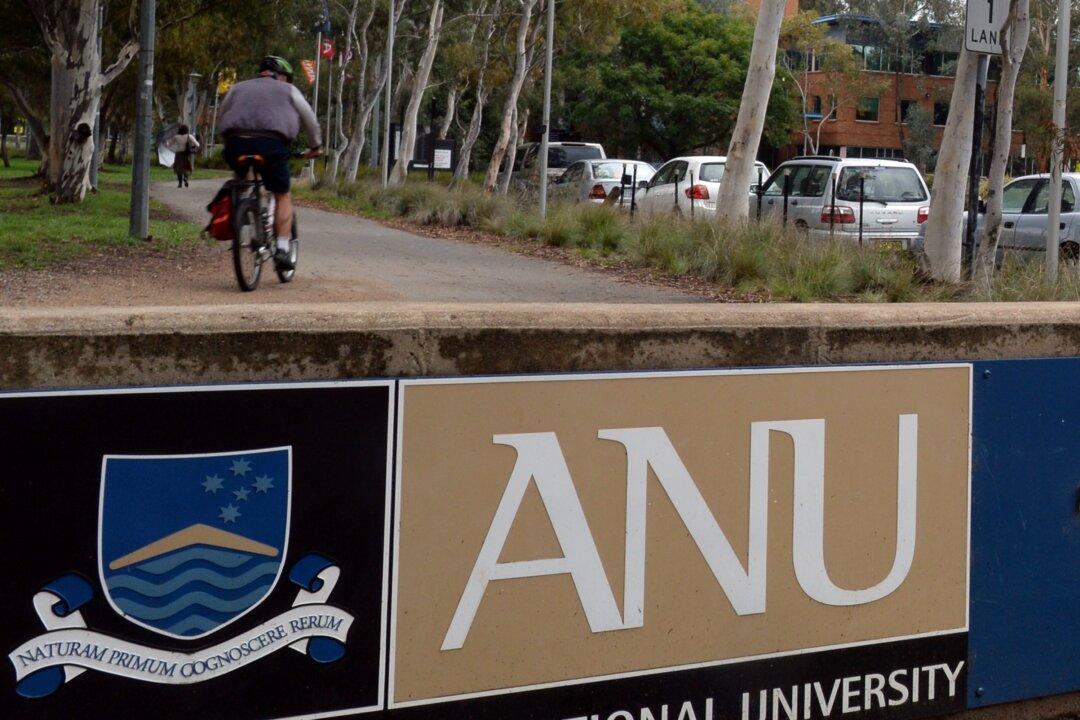Australia has launched a first-ever specialist college that aims to boost security cooperation in the Pacific, amid increasing influence from Beijing in the region.
The Australia Pacific Security College (APSC) was formally launched on Nov. 13 at the Australian National University (ANU) in Canberra. It will be funded by the Department of Foreign Affairs and Trade (DFAT) and was designed in consultation with Pacific Island nations.




